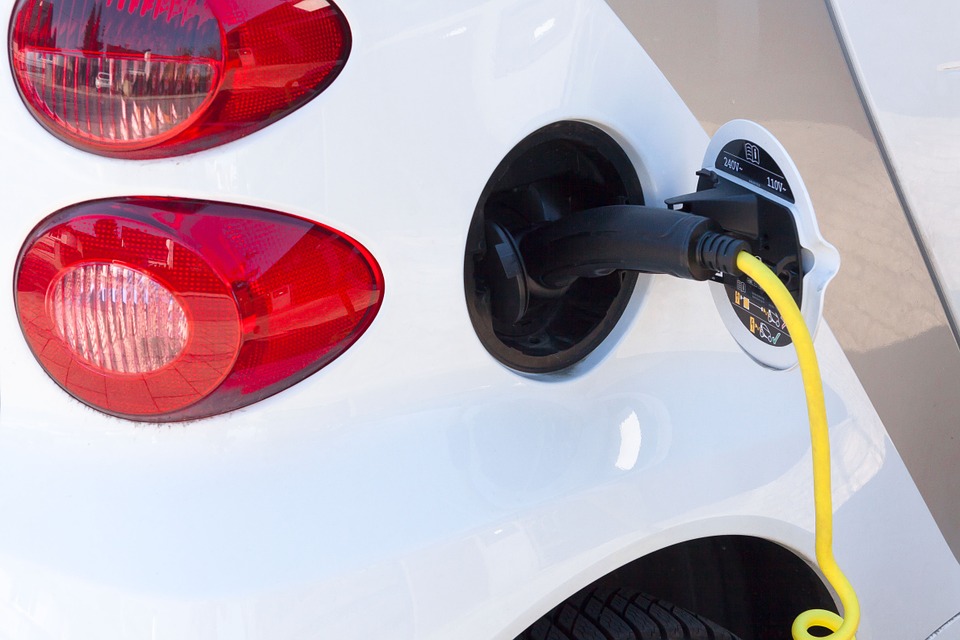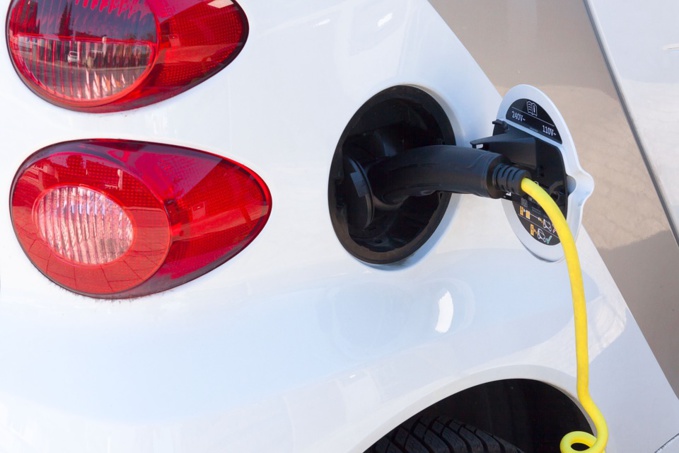"This is not our main scenario, but the events of 2017 show how technological changes and higher awareness can lead to annual sales of electric vehicles up to 10 million by 2025," the report says.
Last year, there were many news related to technological developments, such as the continued reduction in battery costs, as well as consumer preferences and environmental policies. Governments and manufacturers set targets for the production of electric cars. OPEC raised the forecast for the size of the EV fleet in 2040 to 250 million units from 140 million.
To assess the potential impact of a faster introduction of electric vehicles, Fitch revised the scenarios to reflect conservative and more aggressive EV sales forecasts based on the company's own expectations. A more aggressive forecast indicates that in 2025 the sales of electric cars will be slightly higher than anticipated in October 2016, when the average annual growth rate was estimated at about 33%.
"Of course, the growth rate of sales of EV with respect to sales of cars with internal combustion engines will depend on how much consumer behaviour and the objectives of government policy will support a significant investment in the production of EV needed to meet bullish forecasts," Fitch said.
However, considering the scenario in which the costs of electric vehicles are comparable to traditional cars, consumers prefer EV. The politicians recommend and support the transition to them, and the producers see the benefits from this. In this situation, "it is reasonable to expect that the global stock of EV by 2040 will exceed 1 billion, or more than half of vehicles on the roads," analysts predict.
Fitch notes that this development is not a basic scenario, since the pace and structure of the introduction of electric vehicles have many nuances.
"But we believe that the new extreme scenario has become more plausible over the past year," the survey said. "If applied to oil demand along with the forecasts of the International Energy Agency, it can be seen that demand for oil will peak in 2029."
"Even so, the peak will be fairly flat, and the demand for oil in general will not change in comparison with today, as the world still needs to consume huge amounts of oil," Fitch notes. "However, the lack of growth in demand will become a significant structural change for the oil market. It can make prices more volatile and, on average, lower."
Most large oil producers are taking steps to diversify into natural gas, petrochemicals and alternative energy. The agency already takes this into account when rating companies, and in the future the impact of this factor will only grow if demand decreases, the report says.
source: reuters.com
Last year, there were many news related to technological developments, such as the continued reduction in battery costs, as well as consumer preferences and environmental policies. Governments and manufacturers set targets for the production of electric cars. OPEC raised the forecast for the size of the EV fleet in 2040 to 250 million units from 140 million.
To assess the potential impact of a faster introduction of electric vehicles, Fitch revised the scenarios to reflect conservative and more aggressive EV sales forecasts based on the company's own expectations. A more aggressive forecast indicates that in 2025 the sales of electric cars will be slightly higher than anticipated in October 2016, when the average annual growth rate was estimated at about 33%.
"Of course, the growth rate of sales of EV with respect to sales of cars with internal combustion engines will depend on how much consumer behaviour and the objectives of government policy will support a significant investment in the production of EV needed to meet bullish forecasts," Fitch said.
However, considering the scenario in which the costs of electric vehicles are comparable to traditional cars, consumers prefer EV. The politicians recommend and support the transition to them, and the producers see the benefits from this. In this situation, "it is reasonable to expect that the global stock of EV by 2040 will exceed 1 billion, or more than half of vehicles on the roads," analysts predict.
Fitch notes that this development is not a basic scenario, since the pace and structure of the introduction of electric vehicles have many nuances.
"But we believe that the new extreme scenario has become more plausible over the past year," the survey said. "If applied to oil demand along with the forecasts of the International Energy Agency, it can be seen that demand for oil will peak in 2029."
"Even so, the peak will be fairly flat, and the demand for oil in general will not change in comparison with today, as the world still needs to consume huge amounts of oil," Fitch notes. "However, the lack of growth in demand will become a significant structural change for the oil market. It can make prices more volatile and, on average, lower."
Most large oil producers are taking steps to diversify into natural gas, petrochemicals and alternative energy. The agency already takes this into account when rating companies, and in the future the impact of this factor will only grow if demand decreases, the report says.
source: reuters.com



















